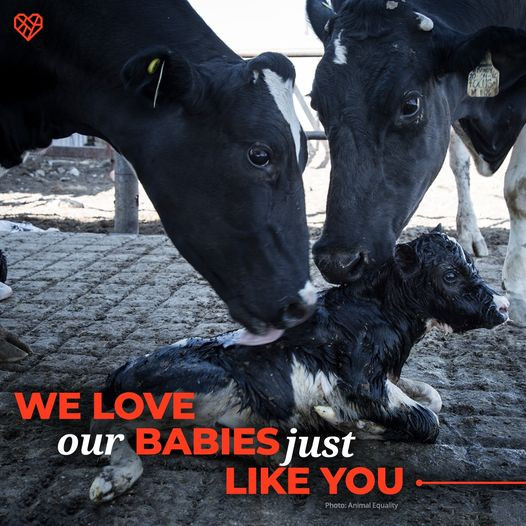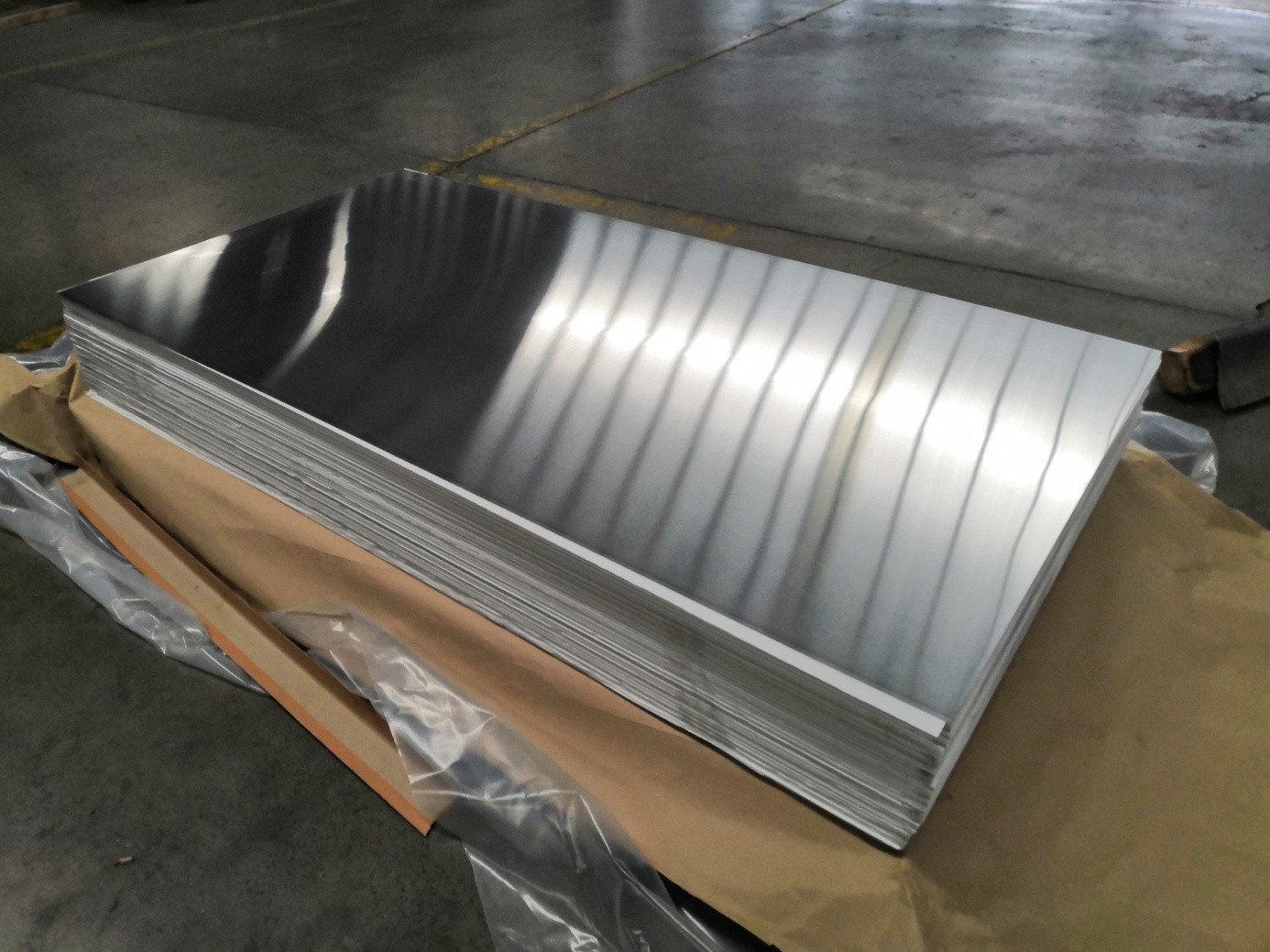Factory farming has become a prevalent practice in modern agriculture, catering to the growing demand for meat, dairy, and eggs. However, hidden behind the walls of these industrial facilities lies a dark reality of factory farm animal cruelty. The relentless pursuit of profit often takes precedence over the welfare of these innocent creatures, leading to unimaginable suffering and exploitation.
The term "factory farming" refers to large-scale industrialized systems where animals are confined in overcrowded and often unsanitary conditions. These facilities prioritize efficiency and output, viewing animals as mere commodities rather than sentient beings deserving of compassion and respect. As a result, animals raised in factory farms are subjected to a plethora of abuses throughout their lives.
One of the most glaring forms of factory farm animal cruelty is the confinement and overcrowding of animals in small and cramped spaces. Pigs, chickens, and cows are often confined to tiny cages or overcrowded pens, depriving them of the ability to engage in natural behaviors such as roaming, foraging, and socializing. This confinement not only causes immense physical discomfort but also inflicts psychological distress on these animals.
Furthermore, factory farms routinely engage in practices such as tail docking, debeaking, and castration without anesthesia to control behavior and minimize injuries caused by stress-induced aggression. These painful procedures are performed without regard for the suffering they inflict, highlighting the callousness of the industry towards animal welfare.
Moreover, the rampant use of antibiotics and growth hormones in factory farming exacerbates the suffering of animals while posing serious risks to human health. Antibiotic overuse contributes to the rise of drug-resistant bacteria, posing a significant threat to public health. Additionally, the consumption of meat and dairy products from animals treated with growth hormones has been linked to various health concerns, including hormone imbalances and increased cancer risk.
The environmental impact of factory farming cannot be overlooked either. These facilities generate massive amounts of waste, polluting air, water, and soil. The overuse of natural resources such as water and land further exacerbates environmental degradation, contributing to climate change and habitat destruction.
Despite these grim realities, there is hope for change. Increasing awareness about factory farm animal cruelty has led to growing public concern and calls for reform. Consumers are demanding ethically sourced and humanely raised products, prompting some companies to adopt more sustainable and compassionate practices.
Moreover, legislative efforts aimed at regulating factory farming and improving animal welfare standards are gaining momentum. By supporting initiatives that promote ethical farming practices and advocating for stricter regulations, we can work towards a future where animals are treated with dignity and respect.
In conclusion, factory farm animal cruelty is a pressing issue that demands immediate attention and action. The inherent cruelty of factory farming cannot be justified by economic interests or consumer demand. It is imperative that we recognize the suffering inflicted upon animals in these facilities and strive towards a more compassionate and sustainable food system. Only then can we truly create a world where animals are no longer subjected to needless exploitation and cruelty.








